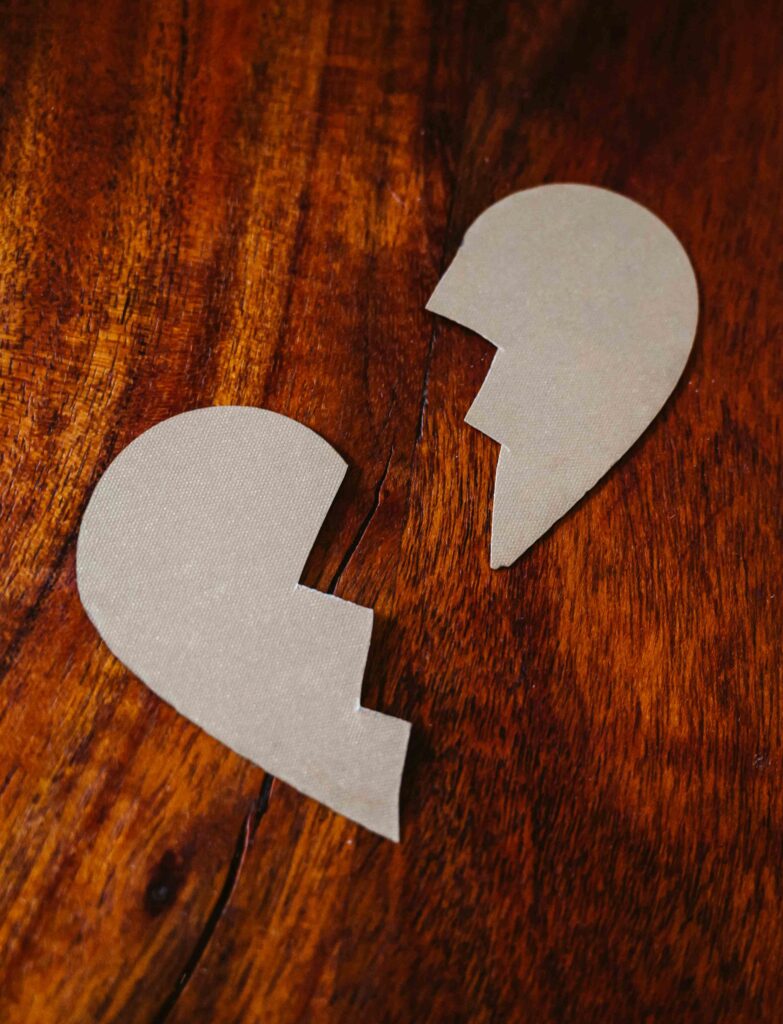Welcome to the latest episode of Unlocking Your Greatness with Wendy Bjork. As an international bestselling author, nationally syndicated columnist, inspirational speaker and founder of heartsofwellness.com, it is my mission to empower women to build a strong Foundation of Wellbeing: One Whole-istic™ Step at a Time. To feel HOPE: harmony, options, peace and empowerment to help others along the way.
How Does Daylight Saving Time Harm Your Health?
The bi-annual switch to daylight saving time can disrupt your body’s natural sleep cycle, causing grogginess, mood swings and other issues. But the effects can be worse for certain groups, such as teens and older adults.
The reason is simple: DST shifts throw off our internal circadian rhythm, the body’s 24-hour biological clock that regulates our sleep-wake cycle. Changing the clocks throws off this rhythm and can cause problems for days or even months.
This can lead to an increase in mood disorders, such as bipolar disorder and seasonal affective disorder (SAD), which tends to happen during winter when we lose an hour of sunlight, according to a study published in Psychiatry Research. It can also trigger anxiety and depression in some people, according to another study. The change to DST also seems to make some people more prone to suicide and other forms of mood disturbance, such as psychosis and suicidal thinking.
In addition to mood problems, DST can hurt our physical health. Research suggests that heart attacks and other cardiovascular incidents are higher on the first Monday after the start of DST in the fall when we set the clocks back an hour. Fatal car accidents are also more common in the days immediately after DST changes.
It’s thought that the reason is that tiredness leads to more stress, which raises blood pressure and increases the risk of heart attack. People may also have trouble concentrating because of the sleep adjustment. Studies have shown that the spring and fall DST shifts can also affect our immune system, resulting in a temporary drop in overall health and an increase in illness and disease.
A few things that can help minimize the impact of DST changes are gradually altering your bedtime and waking times two to three days before the transition, taking a short nap during the day, and getting some sunlight when you can, since it’s a key factor in helping us feel awake and energized. Those with a more flexible schedule, such as shift workers, might find that they have less of an adjustment than others.
DST was originally proposed in 1895 by New Zealand entomologist George Hudson, who valued after-hours light for insect collecting. However, it wasn’t until the 1920s that DST was widely adopted, partly because of concerns about energy use and the military need for daylight to practice drills and training exercises.
Today, DST is used in most countries to save energy by allowing people to take advantage of sunlight earlier in the day and reduce energy usage in artificial lighting for evening activities. There is still debate, however, about whether DST negatively impacts our health. Some studies show that DST can increase heart disease, while others say it has no effect on heart attack rates, but does have an adverse impact on mental health and traffic accidents. The good news is that most people adapt to the DST change within a week or so, and the benefits outweigh the negatives.
This year, commit to being proactive and start shutting your phone and computer off an hour before bed. Head to bed 5-10 minutes earlier so the after effects of the time change feel less impactful. And always try to get 7-8 hours of sleep each night for your body to reset from everything you put it through during the day and avoid the time change hangover!
To support you in creating a path to your dream life by way of simple steps, download your copy of the Hearts of Wellness 30-Day Journal + Blueprint Bundle Towards Living Your Best Life at heartsofwellness.com/you. It will support you in keeping your desired outcomes all in one place along with the Blueprint which will help you take small steps daily towards a better view of yourself. Benefit from improved self-talk, as well as writing your weekly gratitude list and celebrating your weekly wins. Discovering and living by your personalized playbook are important steps we can create together!
If you feel a self-paced approach with Wendy’s support would be helpful in reaching your goals, you can join in with like-minded people inside the Hearts of Wellness Membership Collective and begin your journey back to simplicity, freedom and wholeness!
Follow Wendy: heartsofwellness.com/freecommunity
Connect with her through social media:
Twitter/X: @bjork_ms
FB page: Wendy Bjork Hearts of Wellness
YouTube Channel: www.youtube.com/@wendybjork
LinkedIn: https://www.linkedin.com/in/wendybjork
Instagram: @theempressofms







